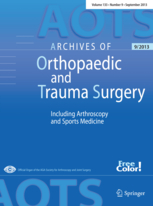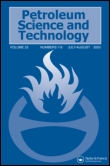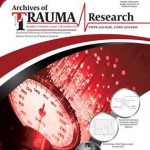 BioMed Central is investigating a recent paper about a potential biomarker for liver cancer, which shows signs it was written using another article as a template.
BioMed Central is investigating a recent paper about a potential biomarker for liver cancer, which shows signs it was written using another article as a template.
According to Jeffrey Beall, who exposed the similarities between the two papers on his blog Scholarly Open Access yesterday, the paper in question is “obviously bogus,” and appears to have relied on the “template plagiarism” technique of creating a new article by modifying a previous paper’s text and data.
A spokesperson for BioMed Central, which published the allegedly “junk” paper, as Beall calls it, told us they are looking into the allegations: Continue reading BMC investigating allegedly copied paper







